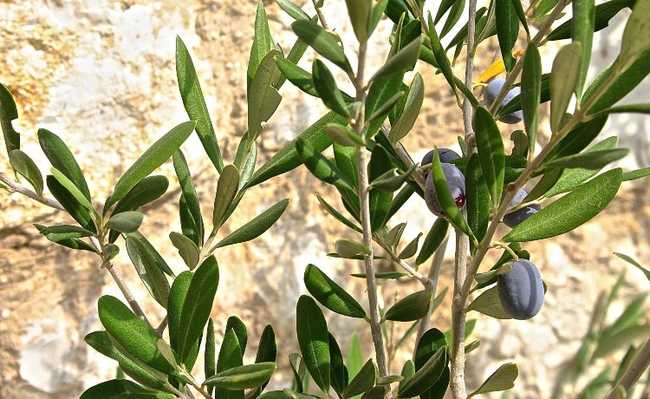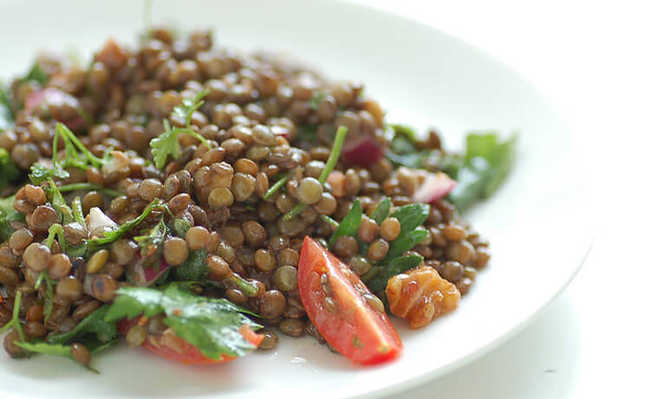The Amazing Benefits of Pumpkin
Pumpkin is good for the eyes, heart, immunity, among other benefits

Edited and resized image by Markus Spiske is available on Unsplash
Pumpkin or pumpkin are popular names that refer to the various species of fruits of the family plants. Cucurbitaceae, such as watermelon, cucumber, melon and chayote. This fruit, widely consumed in Brazil in the form of pumpkin jam, pumpkin cream and pumpkin broth, is very beneficial to health. It is good for the eyes, heart, immunity, among other benefits. Check out:
- Benefits of zucchini and its properties
- Italian zucchini recipes
nutritional properties
Pumpkin is an incredibly nutritious food. While their properties can vary from squash to squash, they are generally rich in vitamins and minerals and low in calories.
Pumpkins are usually round and orange, but their size, shape and color can vary depending on the type. Its outer bark is thick, smooth and ribbed, with an interior practically hollow, if not for the presence of seeds. There are two main genera of pumpkin: zucchini and curcubite. The zucchini is a species native to South America and curcubita is a genus that includes several types of squash, including zucchini.
A cup of boiled pumpkin provides:
- Calories: 49
- Carbohydrates: 12 grams
- Fiber: 3 grams
- Protein: 2 grams
- Vitamin K: 49% of the RDI (Recommended Daily Intake)
- Vitamin C: 19% of the RDI
- Potassium: 16% of the IDR
- Copper, manganese and riboflavin: 11% of the IDR
- Vitamin E: 10% of the RDI
- Iron: 8% of the IDR
- Folate: 6% of the IDR
- Niacin, pantothenic acid, vitamin B6 and thiamine: 5% of the RDI
- Vitamins: types, needs and times of intake
Main health benefits
Most of the health benefits of a pumpkin come from its micronutrient content and the fact that it is a high-fiber, low-carb fruit. Although there are not many studies specifically on pumpkin, it is known that it is rich and contains several nutrients that provide health benefits.
Immunity
Pumpkin provides a large dose of beta-carotene, which is partially converted to vitamin A. Vitamin A, in turn, can help the body fight infections (see studies on this: 1, 2 and 3). Recent research has shown that vitamin A is particularly important in strengthening the intestinal lining, making it more resistant to infection. Other micronutrients in pumpkin such as vitamin C, vitamin E, iron, and folate also help boost immunity, including vitamins C and E, iron, and folate.
eye health
Pumpkin is a food very rich in beta-carotene, vitamins and minerals that help the retina to absorb light and protect the eyes from age-related macular degeneration. One study found that people with age-related macular degeneration can slow their progression by taking a supplement containing zinc, vitamin C, vitamin E, beta-carotene and copper.
- Blue light: what is it, benefits, damages and how to deal
Healthy skin
The antioxidants found in pumpkin (beta-carotene and vitamins C and E) are excellent for skin health. Beta-carotene, in particular, helps protect the skin from the sun's harmful UV rays (see studies on this here: 1, 2).
- Antioxidants: what are they and in what foods to find them
Drug interactions
Pumpkin is mildly diuretic and can be a problem for people taking certain medications, especially lithium. If you've had too much squash, it can be difficult for your body to clear the lithium, which can lead to side effects.
heart health
Consuming fruits and vegetables, in general, is good for the heart. But pumpkin, in particular, has fiber, vitamin C and potassium, which are beneficial for heart health, helping to improve blood pressure and cholesterol levels.
- Does altered cholesterol have symptoms? Know what it is and how to prevent it
- Low blood pressure: understand symptoms, causes and treatments
- High blood pressure: symptoms, causes and treatment
Metabolic syndrome
Eating foods rich in beta-carotene, such as carrots and pumpkin, can help reduce the risk of metabolic syndrome (see study about it here: 3). Metabolic syndrome is a set of symptoms associated with abdominal fat. It is characterized by high blood pressure, increased blood sugar and triglyceride levels - factors that increase the risk of heart disease and diabetes.
- Diabetes: what it is, types and symptoms
- Natural Remedies Help Diabetes Treatment










